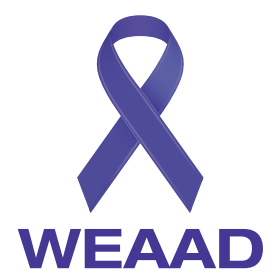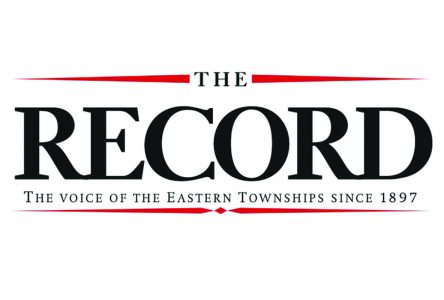June 15 marks World Elder Abuse Awareness Day, a day to raise the visibility of this important issue to enhance seniors’ safety and well-being.
As a community organization that offers services to seniors, Lennoxville and District Community Aid works to raise awareness about this important issue, and to guide the community to resources that can offer needed help and support. Every year, we wear our purple ribbons, the symbol of World Elder Abuse Awareness Day, to show our support of a world acting together to overcome elder abuse.
What is elder abuse?
Elder abuse is actions that cause harm or distress to a senior. It can happen to anyone, in any setting. Elder abuse is most often committed by a person of trust to the senior, such as a family member, a close acquaintance, someone caring for the senior, or a healthcare provider.
Financial abuse, physical abuse, including sexual abuse, psychological or emotional abuse, and neglect, are all types of elder abuse.
Seniors experience abuse when there is failure to provide needed care, food, clothing, or assistance with basic needs. Withdrawing money from a senior’s account for the individual’s own purposes, cashing a cheque without authorization, and pressuring seniors to make changes to their wills are also examples. Instances of abuse can also include isolating a senior from family, friends, and activities, intimidating and humiliating a senior, and treating him or her like a child.
What are the signs someone is experiencing elder abuse?
Although there are often indications that something is not quite right, it can be hard to identify them as signs of abuse. Some signs can include physical injuries, poor hygiene, poor nutrition, a sudden change in the senior’s finances, confusion around new legal documents, and anxiety or fearfulness about someone the senior should trust.
What should I do if I, or a senior I know, is experiencing abuse?
Seniors experiencing abuse often feel embarrassed or ashamed to tell someone they are being abused by someone they trust, and they may fear negative consequences or retaliation if they come forward.
If you or a senior you know is a victim of abuse, there are a number of places you can turn to for support.
• Elder Mistreatment Helpline (Aide Abus Ainés) offers free confidential and bilingual services that can help support and guide you: 1-888-489-2287 or www.aideabusaines.ca/en
• DIRA-Estrie is a local organization that supports and guides seniors or those concerned about the safety of a senior: 819-346-0679 or www.dira-estrie.org (French website only)
• Your local CLSC
• Your local police force
For more information on Community Aid’s services, please call us at 819-821-4779 or visit www.communityaid.ca.
Sources: Aide Abus Ainés, Government of Canada
Subscribe to The Record for the full story and more
Community Aid observes World Elder Abuse Awareness Day






